Lemon Balm: A Timeless Herb for Stress Relief and Wellness
Lemon balm (Melissa officinalis) is a versatile herb renowned for its therapeutic properties and uplifting qualities. With its lemony aroma and wide range of health benefits, this perennial has been cherished for centuries in traditional herbal medicine. Whether easing stress, enhancing digestion, or supporting immune health, lemon balm remains an indispensable ally in holistic wellness practices. Today, we delve into its history, health benefits, phytochemistry, cultivation, and practical uses—inviting you to incorporate this remarkable herb into your life!
Cultural and Historical Significance
Folklore and Traditions
Lemon balm has long been woven into the tapestry of European folklore. Traditionally known as a "heart-mender," it was believed to dispel negative energy and promote a sense of calm and balance. Throughout history, its aromatic leaves have been used in rituals meant to invite good fortune and ward off evil. Myths surrounding its ability to summon courage and clear the mind further underscore its role in traditional healing practices.
Historical Figures and Herbal Advocates
Historical texts from ancient Greek and Roman herbalists mention lemon balm as a remedy for nervous disturbances and digestive woes. Medieval herbal compendiums celebrated its soothing properties, and later, renowned herbalists in Europe continued to advocate for its use. These historical endorsements have cemented lemon balm’s status as a cornerstone in both traditional and modern herbal medicine.
Cultivation and Harvesting
Growing Conditions
Native to the Mediterranean and Central Asia, lemon balm thrives in soil rich in organic matter and abundant moisture. As a member of the mint family, it naturally spreads like a ground cover and can reach up to 1 meter (3 feet) in height. For gardeners looking to control its vigorous spread, planting lemon balm in a container is an effective solution.
Soil: Rich, well-drained with ample organic content
Watering: Consistent moisture without waterlogging
Sunlight: Full to partial sun for optimum growth
Pests & Diseases: Monitor for common mint family pests like aphids and spider mites; natural remedies and careful observation usually keep these in check
Harvesting Tips
The leaves and stems of lemon balm house most of the beneficial compounds. Harvesting is simple: pluck a few leaves and stems—either fresh for immediate use or dried for later preparation. For the freshest flavor and potency, it’s best to harvest in the morning after the dew has evaporated, ensuring the plant’s essential oils are at their peak.
Tip: Drying should be done in a shaded, well-ventilated area to preserve the herb’s natural aroma and medicinal properties.
Plant Anatomy & Harvest
Lemon balm is characterized by its heart-shaped, serrated leaves that exude a delightful lemon-mint aroma when crushed. The green stems support clusters of pale, delicate flowers that emerge during its blooming period. Recognizing these features can help beginners identify the herb correctly in the garden or wild.
Color: Lively green leaves and stems
Scent: Lemony and herbaceous with a hint of mint
Taste: Similar to its aroma but slightly bitter
Quality: Uplifting
Therapeutic Applications
Ancient Wisdom and Modern Science
Lemon balm has been valued for generations as a gentle yet powerful remedy for physical and mental health. In ancient herbal practices, it was used to ease digestive discomfort, calm the mind, and promote sweating to expel toxins. These historical applications continue to inform modern-day use, backed by scientific research validating the herb’s therapeutic potency.
Comprehensive Health Benefits
Lemon balm is celebrated for its multifaceted benefits that address both physical and mental wellness:
Mental Health: Its anti-anxiety and mood-enhancing properties are supported by scientific studies, making it a popular herb for reducing stress and promoting relaxation.
Digestive Health: Acting as a stomachic and carminative, lemon balm aids digestion, relieves bloating, and soothes gastrointestinal discomfort.
Immune Support: The herb’s antiviral and antioxidant effects bolster the immune system, helping the body fend off environmental stressors.
Cardiotonic Effects: Phytochemicals like rosmarinic acid contribute to improved cardiovascular health, helping regulate heart function and circulation.
Scientific Research
Contemporary studies have continued to validate many of lemon balm’s traditional uses. Its antiviral and antioxidant properties make it a promising candidate for supporting the body’s defenses, while its anti-anxiety effects have been highlighted in research focusing on mood regulation and stress relief. Modern formulations—including teas, tinctures, and capsules—ensure that the herb remains accessible and effective in today’s fast-paced world.
Practitioners of herbal medicine often report significant improvements in sleep quality, anxiety reduction, and digestive comfort when patients incorporate lemon balm into their daily regimen. Anecdotal case studies further bolster its credibility as a gentle yet powerful ally in managing the stresses of modern life.
Phytochemistry
Constituent Analysis
Lemon balm’s impressive therapeutic profile is attributed to a spectrum of phytochemicals. Its leaves and stems are rich in:
Caffeic Acid & Chlorogenic Acid: Contributing antioxidant benefits
Rosmarinic Acid: Known for its anti-inflammatory and calming properties
Succinic Acid & Ursolic Acid: Supporting its cardiotonic and digestive actions
Thymol: Enhancing its antimicrobial potential
Understanding these constituents underscores why lemon balm has been a trusted botanical in herbal medicine for generations.
Extraction Methods
To harness these beneficial compounds, various extraction methods can be employed:
Cold Infusion: Ideal for preparing soothing teas that capture the herb’s lighter, volatile oils.
Alcohol Extraction (Tincture): This method effectively concentrates the full spectrum of active compounds.
Steam Distillation: Primarily used for obtaining lemon balm’s essential oil, which can be added to aromatherapy blends or topical formulations.
For those preparing extracts at home, maintain clean tools and follow standard ratios to ensure both safety and potency.
Formulations and Recipes
Lemon balm can be enjoyed in various forms to suit your needs:
Tea: Steep 1-2 teaspoons of dried lemon balm leaves in hot water for 10 minutes; add honey for sweetness if desired.
Tincture: Combine fresh or dried leaves with a high-proof alcohol in a mason jar; let steep for 4-6 weeks, shaking periodically before straining.
Capsules: For those preferring a more convenient option, lemon balm is available in capsule form, ensuring consistency in dosage.
Step-by-step guides with photos or illustrations can empower readers to confidently prepare their own remedies at home.
Cautions and Contraindications
While lemon balm is generally safe for regular use, it’s important to consider:
Potential Side Effects: Rare cases of gastrointestinal upset or skin sensitivity.
Medication Interactions: Consult a physician before use if taking thyroid medications or other prescriptions.
Special Populations: Pregnant or nursing women and individuals with hyperthyroidism should seek medical advice before incorporating lemon balm extensively into their routine.
Balancing enthusiasm for natural remedies with practical caution ensures that lemon balm remains a safe herbal ally.
Conclusion
Lemon balm stands as a testament to the enduring power of herbal medicine. From its rich historical roots and cultural lore to its scientifically supported health benefits, this herb is a formidable ally for mental tranquility, digestive ease, and overall well-being. Whether you’re brewing a calming tea, preparing a potent tincture, or simply enjoying its natural aroma in your garden, lemon balm offers both tradition and science in every leaf.
Embrace lemon balm as part of your holistic wellness routine, and explore further by experimenting with different formulations, cultivation techniques, and historical insights. Its uplifting quality is not only a delight to the senses but also a gentle reminder of nature’s enduring wisdom.
References
Joukar, S., & Asadipour, H. (2015). Evaluation of Melissa officinalis (Lemon Balm) Effects on Heart Electrical System. Research in cardiovascular medicine, 4(2), e27013. https://doi.org/10.5812/cardiovascmed.4(2)2015.27013
Weeks B. S. (2009). Formulations of dietary supplements and herbal extracts for relaxation and anxiolytic action: Relarian. Medical science monitor : international medical journal of experimental and clinical research, 15(11), RA256–RA262.
Kennedy, D. O., Little, W., & Scholey, A. B. (2004). Attenuation of laboratory-induced stress in humans after acute administration of Melissa officinalis (Lemon Balm). Psychosomatic medicine, 66(4), 607–613. https://doi.org/10.1097/01.psy.0000132877.72833.71
Stini, E., Tsimogiannis, D., & Oreopoulou, V. (2024). The Valorisation of Melissa officinalis Distillation By-Products for the Production of Polyphenol-Rich Formulations. Molecules (Basel, Switzerland), 29(2), 377. https://doi.org/10.3390/molecules29020377
Shahsavari, K., Shams Ardekani, M.R., Khanavi, M. et al. Effects of Melissa officinalis (lemon balm) consumption on serum lipid profile: a meta-analysis of randomized controlled trials. BMC Complement Med Ther 24, 146 (2024). https://doi.org/10.1186/s12906-024-04442-0

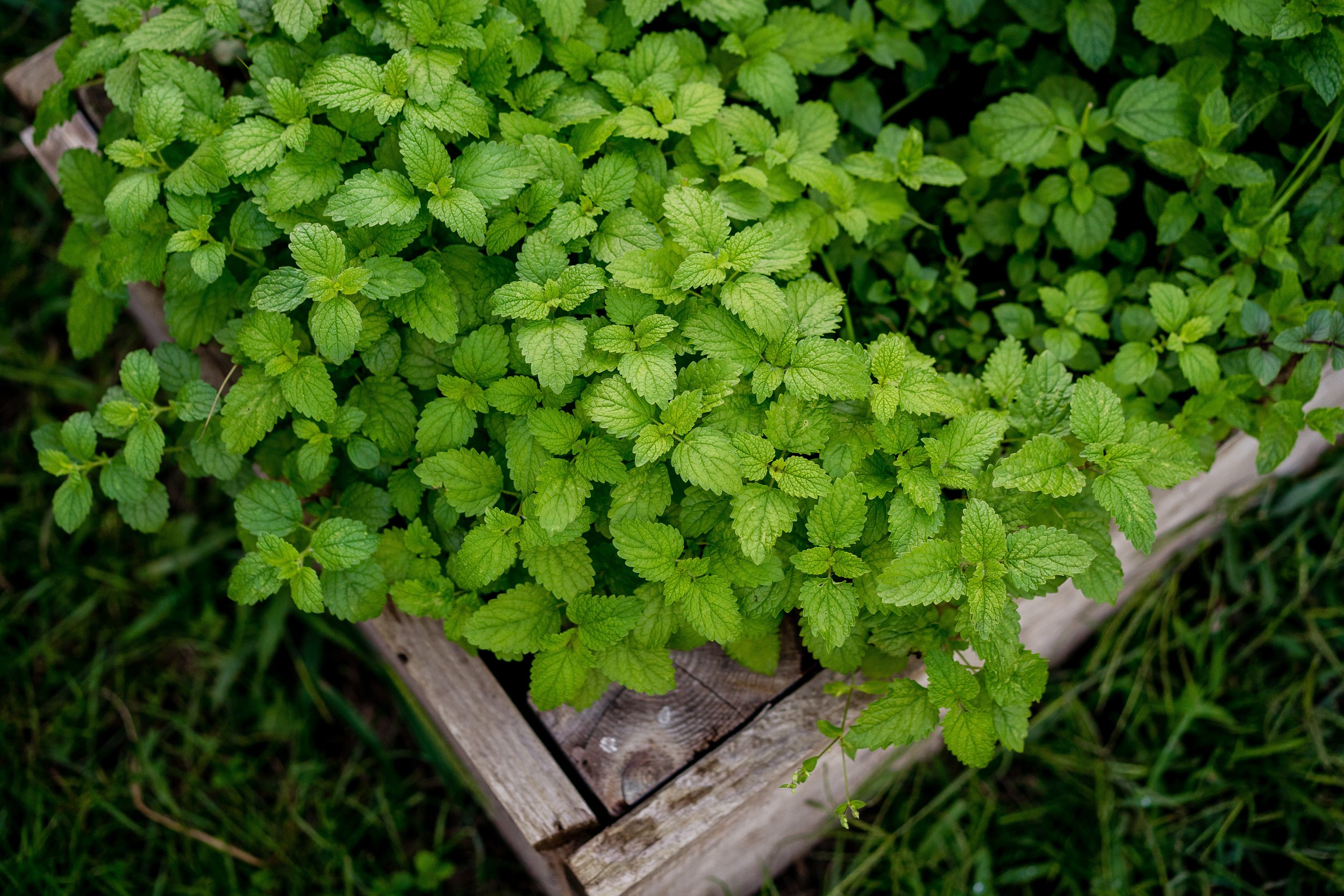







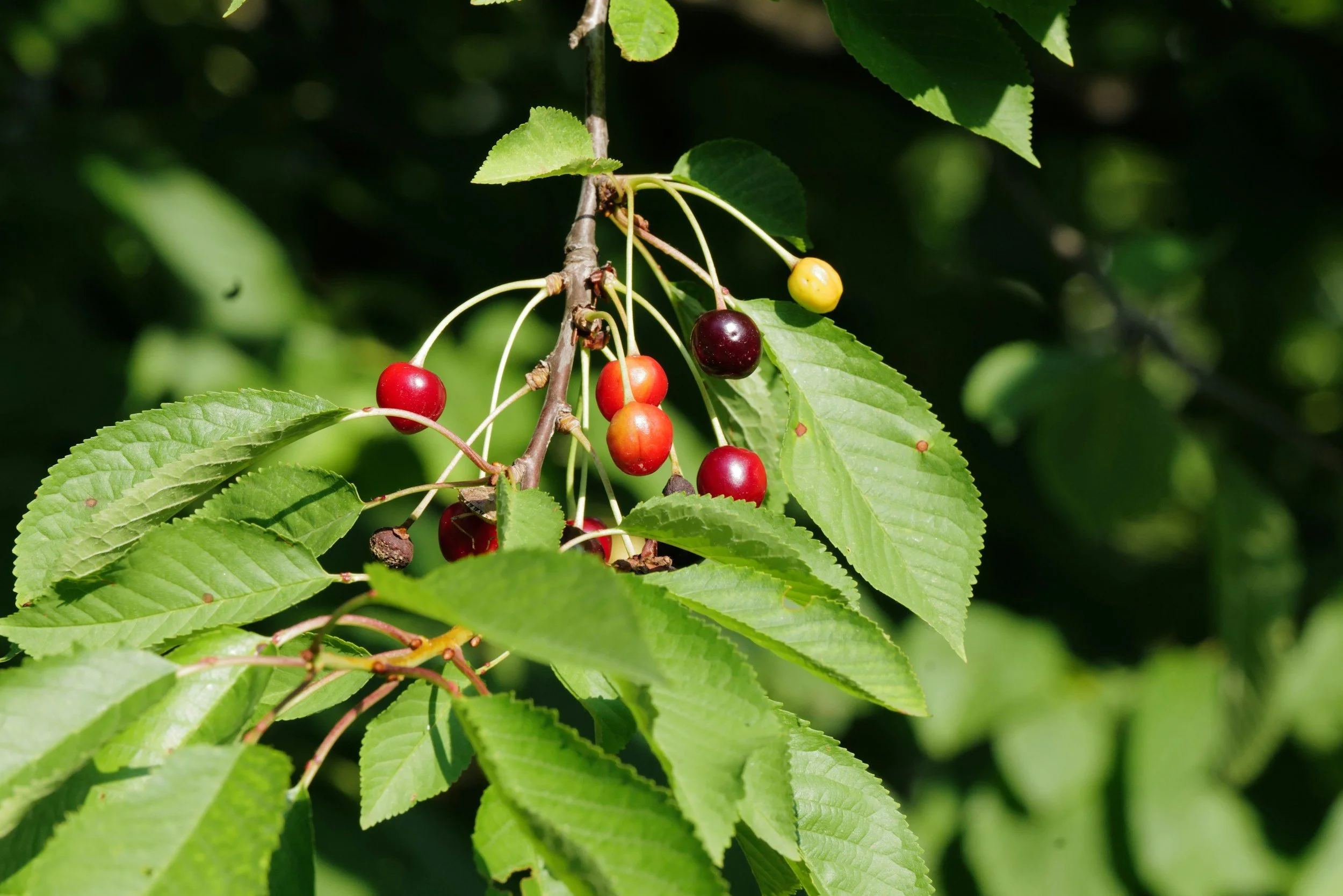
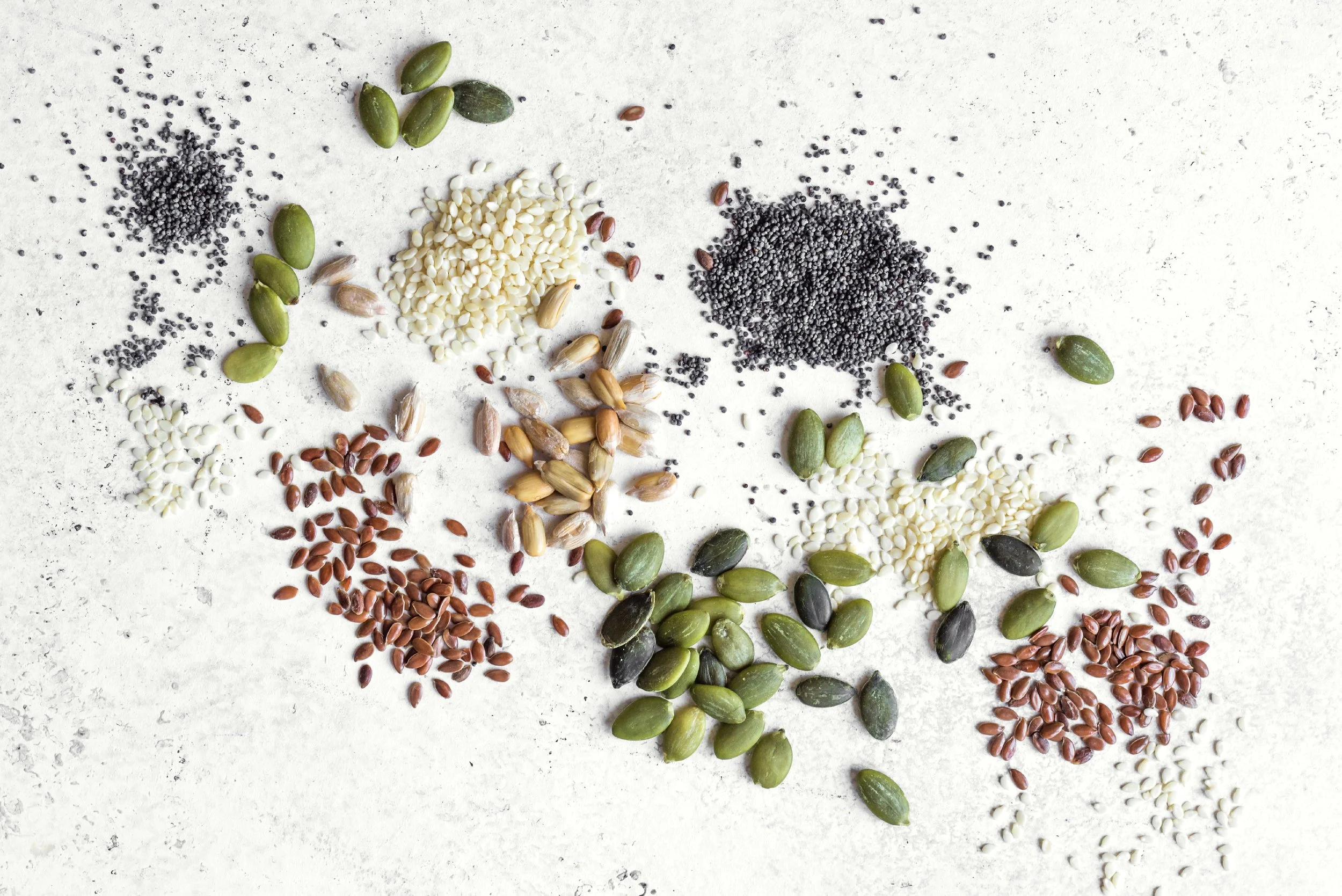
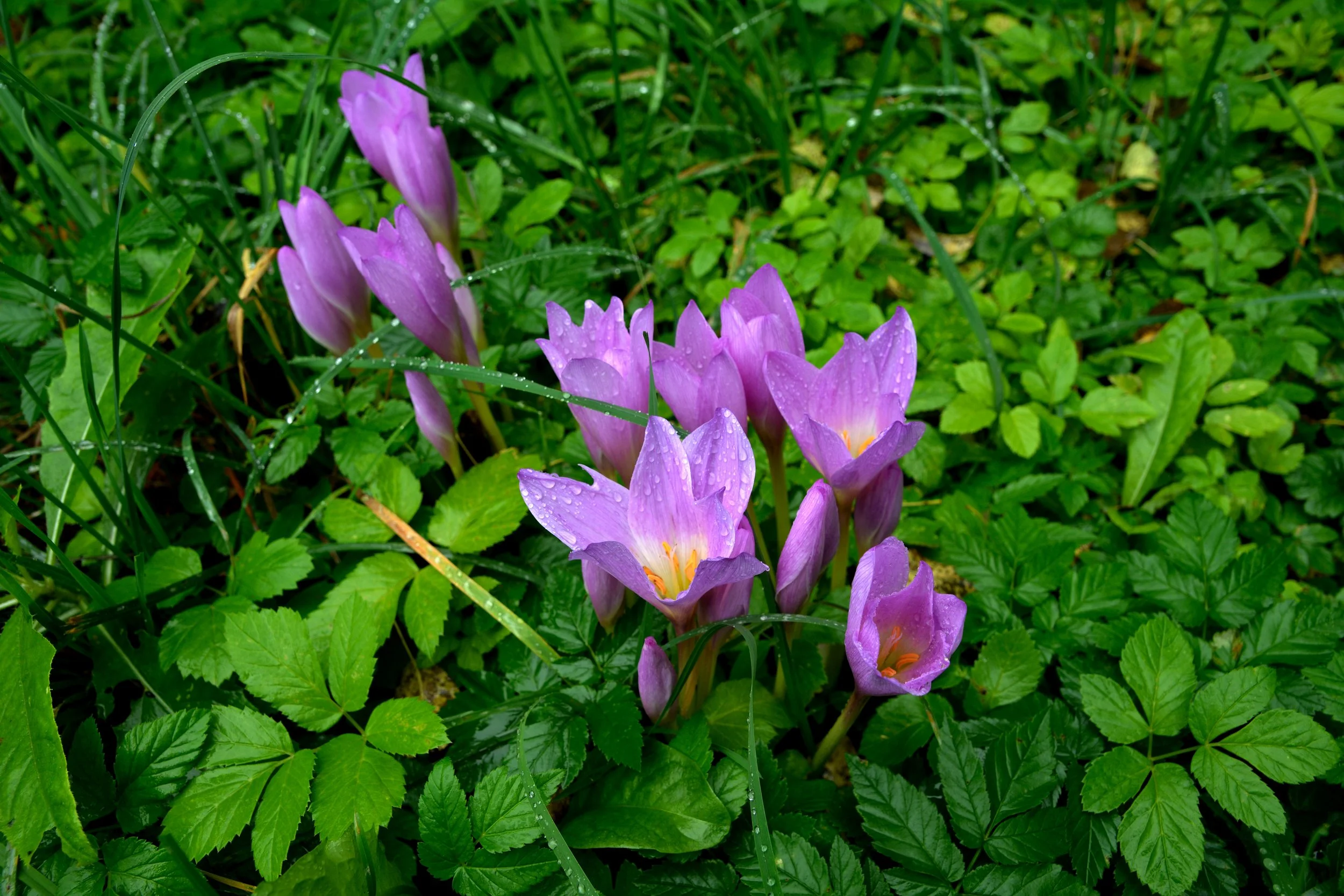
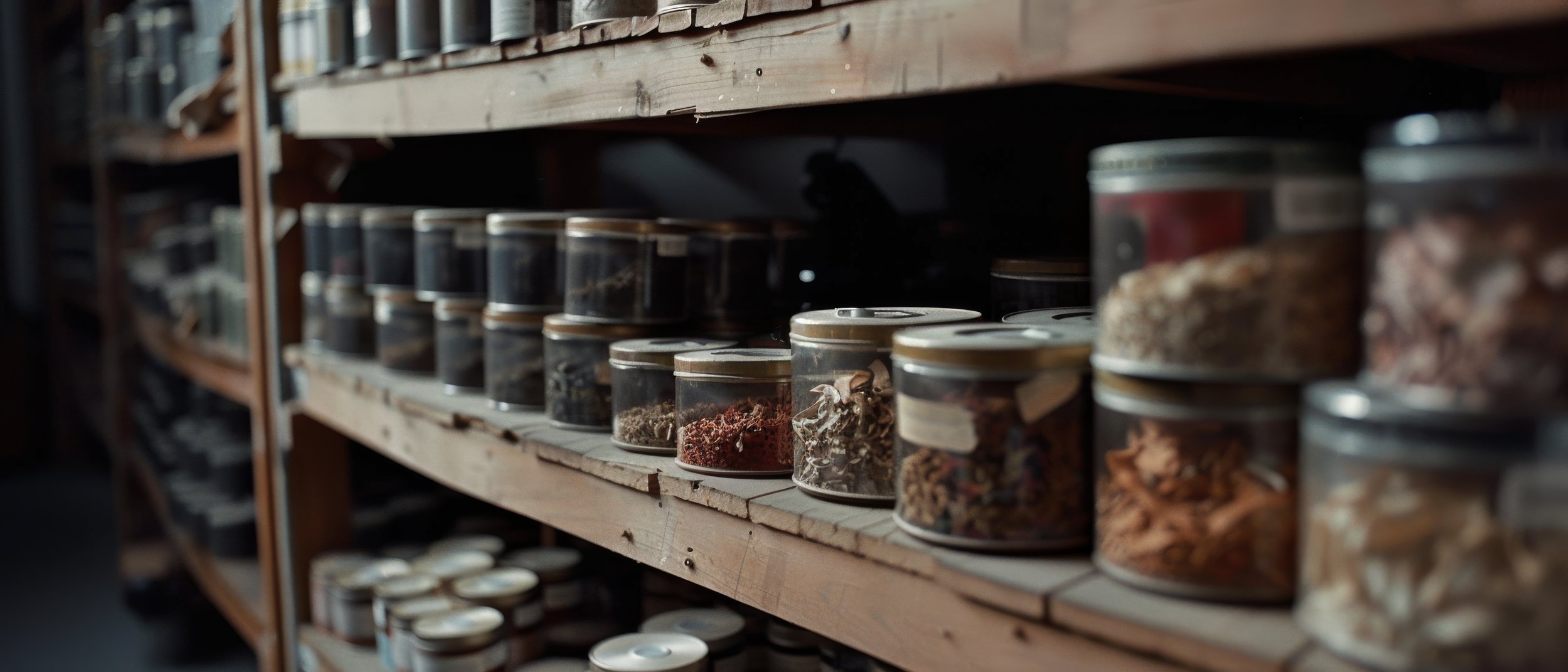

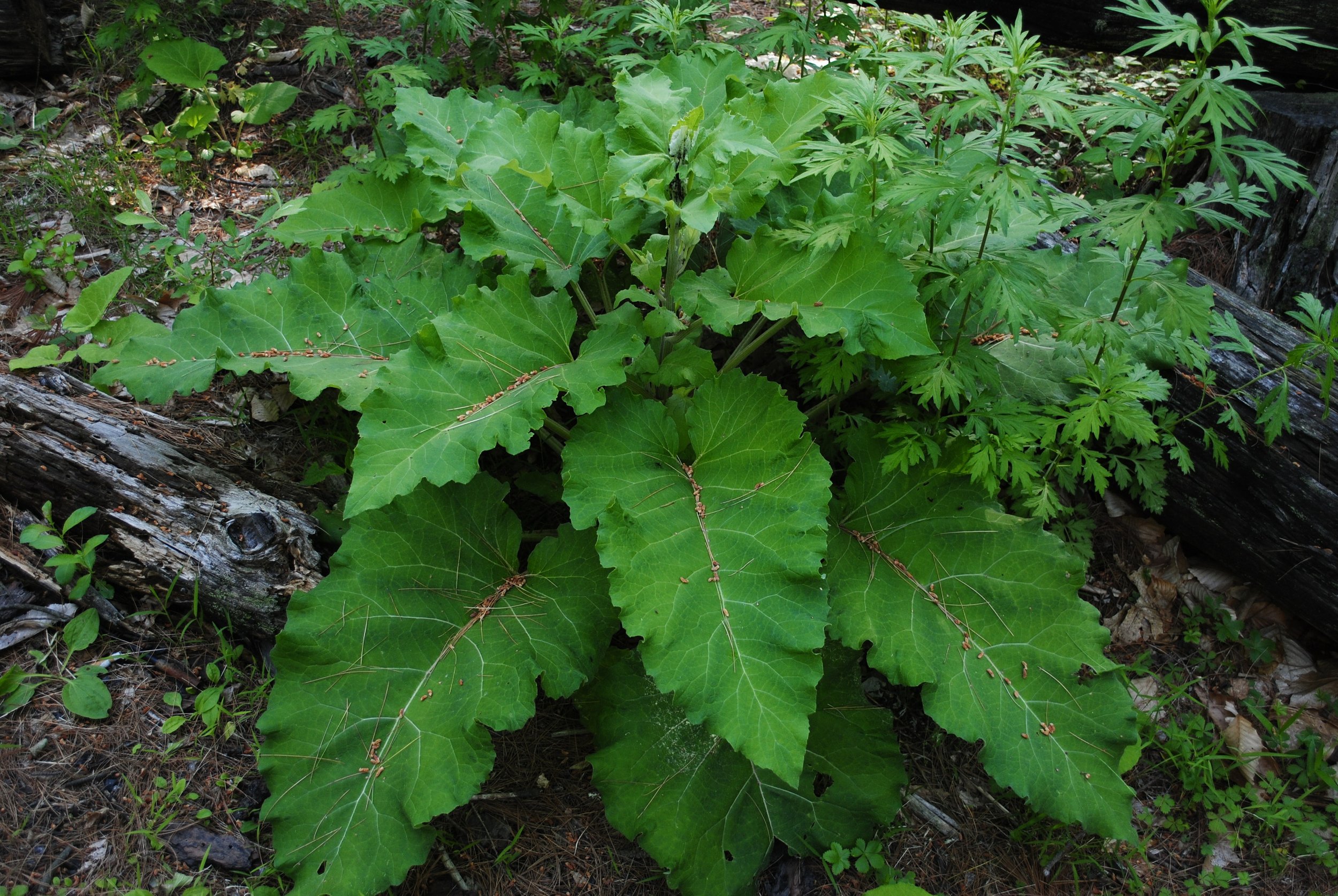
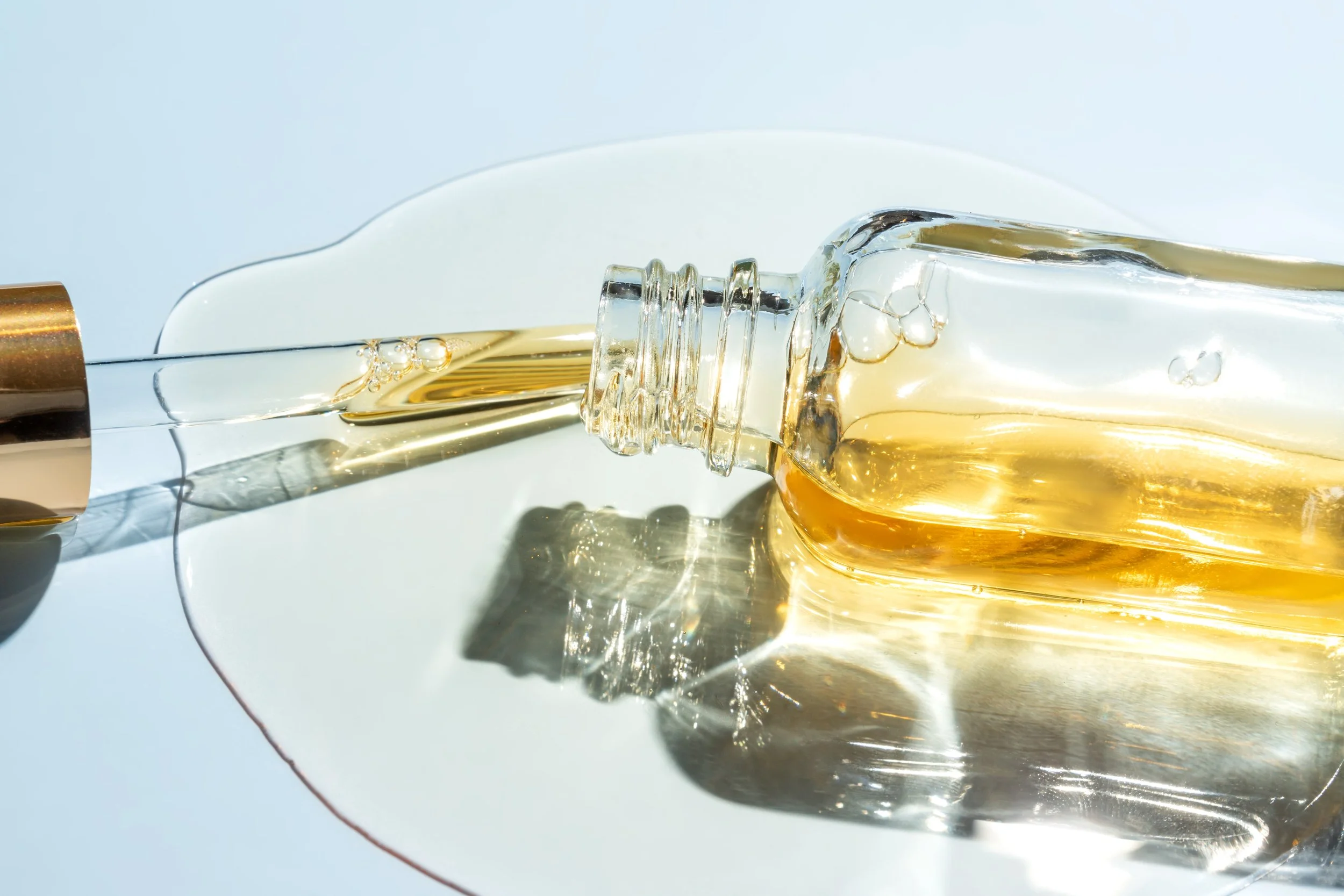
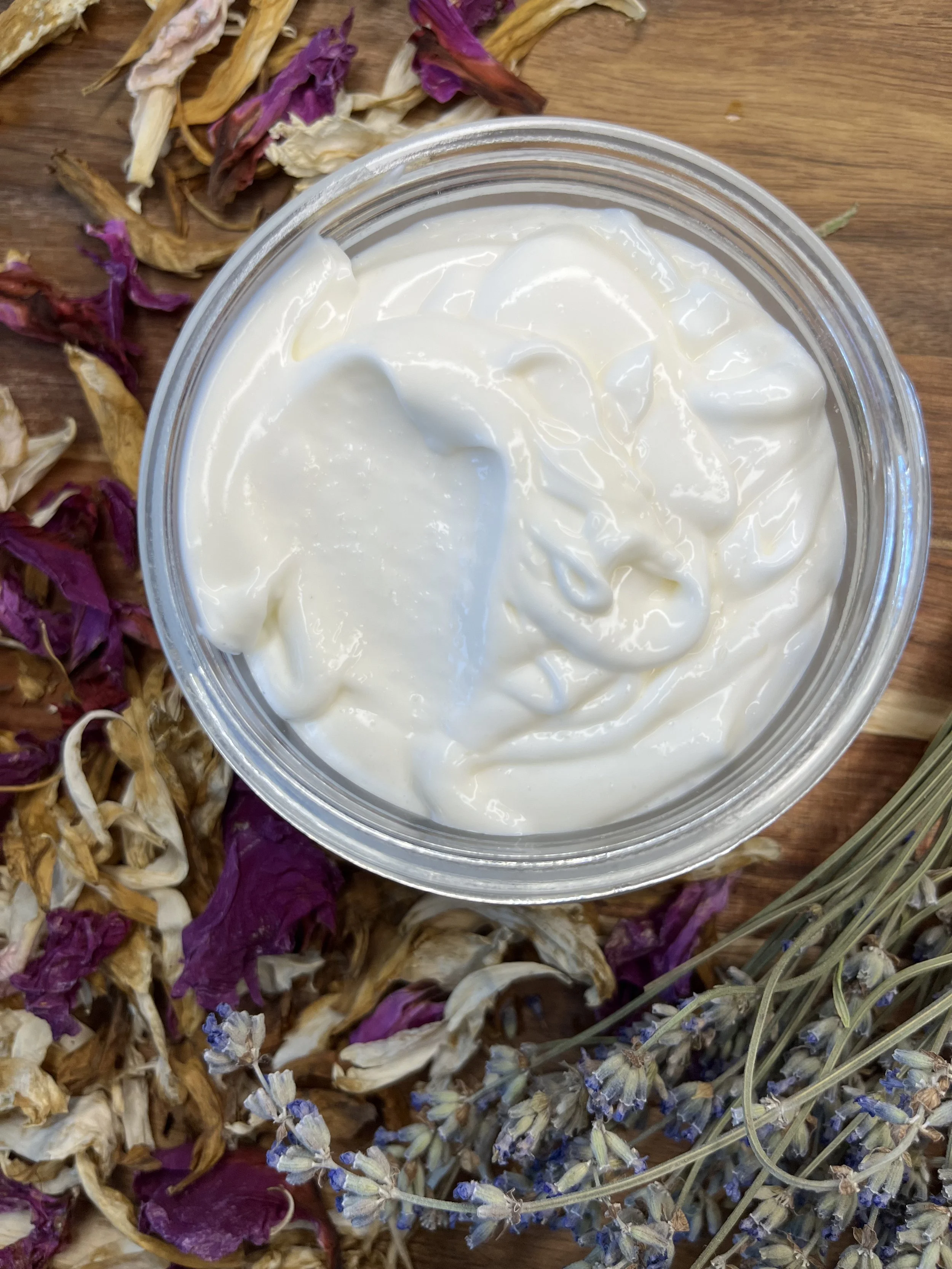
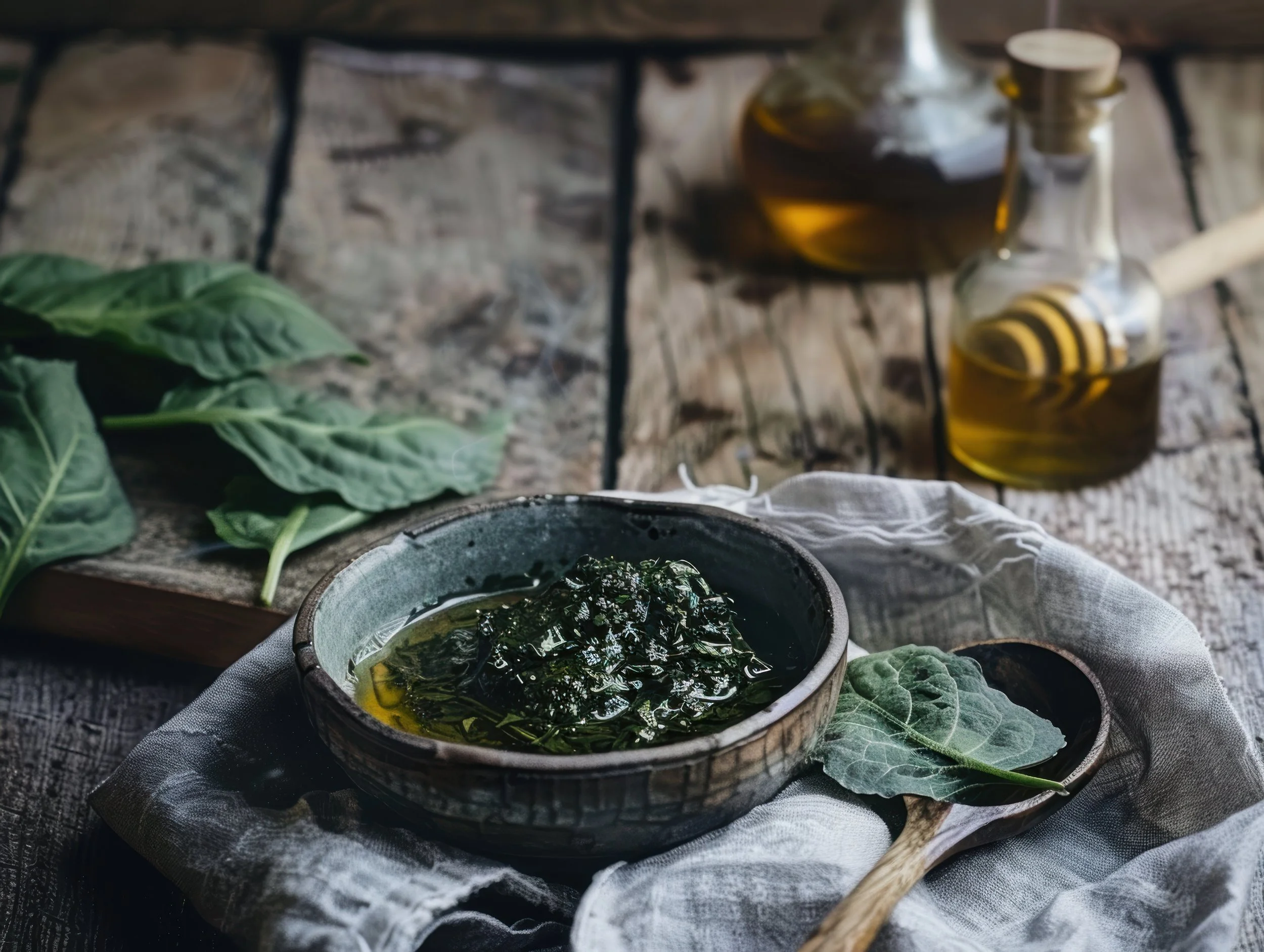
Hello and welcome! I'm Eve, a Chemist turned Herbalist, sharing the wonders of plant medicine and botanical skincare. Join me on this journey to Learn, Create, and Align your Divine!